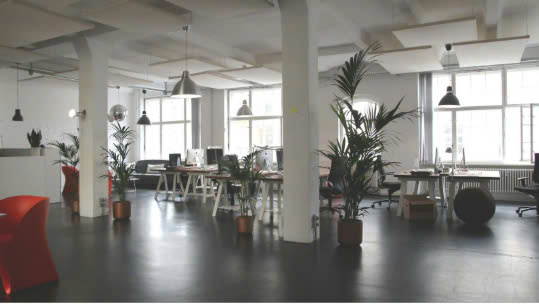Why does tidying up feel like solving a mystery, rescuing your sanity, and getting a warm hug all at once? Even if you claim to love a little chaos, you probably have moments when a clean desk or a neat stack of books sparks a rare joy. Humans have a curious attachment to organisation, and it’s not just about aesthetics—our brains are wired to crave order.
Chaos creates stress. Studies from Princeton Neuroscience Institute have shown how clutter competes for our attention, reducing focus and creating a subtle sense of anxiety. Mess signals “unfinished business,” nudging us toward distraction and unease. Conversely, order restores control, clarity, and peace—a powerful mental refresh in today’s busy world.
The benefits aren’t purely psychological, though. Whether it’s about color-coded spreadsheets or spotless lockers at work, tidiness reflects identity. Organised spaces quietly announce: I’ve got this. And in moments of doubt, sometimes we need that reassurance most.
Contents
How Organisation Improves Productivity and Well-Being
Now that we know our brains crave structure, let’s talk about results. Organisation isn’t just calming—it’s transformative when it comes to focus, efficiency, and, let’s face it, getting things done.
Clutter kills time. Workers spend an average of 4.3 hours a week searching for misplaced items. Think of how many big ideas or moments of clarity get lost while we’re rifling through random piles. More than just wasting time, clutter also zaps our mental energy. Decision fatigue—the tiny drain we feel with each unnecessary choice—is a constant companion in chaotic environments.
Organized workspaces, on the other hand, are decision-free zones, reducing mental overload and creating focus.
Psychology calls this concept ‘environmental determinism’. Put simply, where you work affects how you work. Tidy spaces improve mental flow, remove distractions, and elevate productivity. Suddenly, big deadlines feel manageable. Better yet, those microbursts of control and dopamine (you know, the pleasure of ticking things off a to-do list) start stacking up into long-term momentum.
Organisation even brings happiness. Less wasted time, less stress, more clarity—it’s no wonder structured spaces fuel job satisfaction. After all, when your surroundings tell your brain, “We’ve got it handled,” you can spend more energy focusing on what matters.
Tips for Cultivating an Organised Workplace Culture
Organisation works best when it’s part of a culture, not an afterthought. Everyone needs to chip in—and love it—so you don’t wind up with one neat-freak and 10 tornadoes working side by side.
A few quick tips to build an environment where order thrives:
1. Make organisation contagious
People copy behavior. It naturally spreads when managers lead by example, showcasing their love for tidy lockers or reset desks. Reinforce the importance of a decluttered space as a non-negotiable standard.
2. Invest in simple, smart storage
Lockers, cubbies, modular shelving—think practical, durable, and inviting. Easy-to-use storage transforms “I’ll just toss it anywhere” habits into, “This is where this lives.”
3. Schedule “mini-tidy” rituals
Introduce end-of-day resets: five minutes to straighten desks or lockers before heading out. Build it into your culture—it’s a tiny, daily action that avoids huge messes down the road.
4. Make it fun
Why not gamify tidying? Try challenges like “Desk Transformation Week,” where people share before-and-after photos or nominate an employee for the “Organization Guru Award.”
5. Keep the tools simple
Invest in functional yet intuitive tools—like labeled bins, wall organizers, or customized digital solutions—so systems stay seamless. When organisation is easy, people follow through.
6. Connect organisation to team success
Frame tidiness as something that doesn’t just “look nice” but improves performance, well-being, and efficiency. Organised spaces reflect a high-functioning workplace, and your team is part of that.
Bringing It All Together
Here’s the bottom line: being organized isn’t about perfection—it’s about reclaiming headspace. An orderly workplace fuels sharper minds, higher morale, and genuine happiness. The same brain that relaxes at the sight of aligned spice jars also flourishes in a structured office. Whether it’s clearer desks, smart lockers, or tidier filing systems, organised spaces serve as quiet reminders of progress.
Ultimately, a tidy space really does equal a tidy mind. The magic lies in showing your team—and yourself—that the peace of mind organisation brings is absolutely worth the effort.
Now roll up those sleeves, straighten some shelves, and let the productivity flow.







